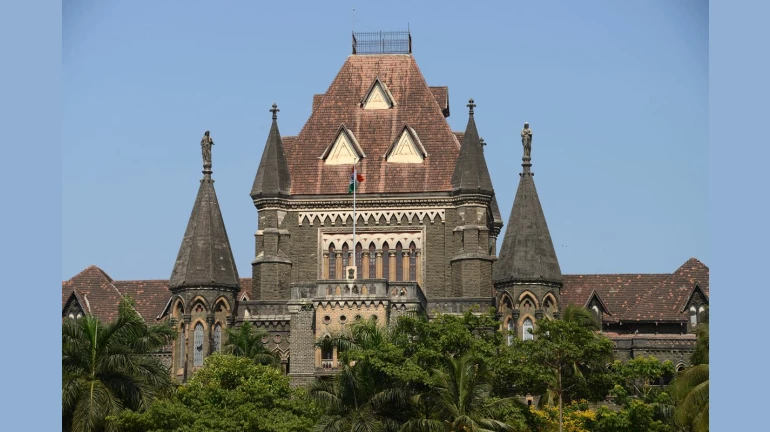
In a significant development, the Bombay High Court has granted approval for the redevelopment of a dilapidated building located at Opera House in south Mumbai by lifting the attachment placed by the Enforcement Directorate (ED) on two flats within the structure. A report in Hindustan Times mentioned that this decision was made by a division bench comprising Justice Sunil Shukre and Justice Firdosh Pooniwalla.
Building Owners Offer Alternative Proposal
The building in question, known as Hari Niwas, stands five stories tall and houses 18 residential units and three commercial spaces. The owners of the building, Kirti Hansraj Kothari and other members of the Kothari family, successfully presented an alternative proposal to the court. They offered to provide fixed deposit receipts in place of the attached assets as per the ED's requirement.
ED's Investigation and Legal Background
The ED's involvement in this case dates back to June 2017 when it initiated a money laundering investigation against two tenants residing in the building. This investigation is rooted in a case originally registered by the Central Bureau of Investigation, involving M/s ABC Cotspin Private Limited and others, under various sections of the Indian Penal Code and the Prevention of Corruption Act. In June 2022, during the course of its inquiry, the ED provisionally attached the two flats, asserting that these properties were acquired using funds linked to criminal activities. Subsequently, in October 2022, the adjudicating authority under the Prevention of Money Laundering Act, 2002, confirmed this provisional attachment.
Building's Deteriorated Condition Sparks Urgency
In response to these developments, the Kothari family approached the high court, emphasizing the severely deteriorated condition of the building and the urgent need for its redevelopment. Their legal representatives informed the bench of their willingness to substitute the attachment of transferable tenancy rights in the two flats with fixed deposit receipts totaling ₹2.6 crore and ₹2.11 crore, respectively. This course of action was considered permissible, as it had been endorsed by the Supreme Court in several cases in the past year.
High Court's Decision and the Path Forward
Accepting the offer presented by the Kothari family, the High Court bench permitted the property owners to provide fixed deposit receipts issued by a nationalized bank with a lien in favor of the joint director of the ED's Ahmedabad zonal office. Upon the submission of these receipts, the attachment on the flats would be lifted, as per the court's decision.





